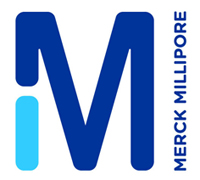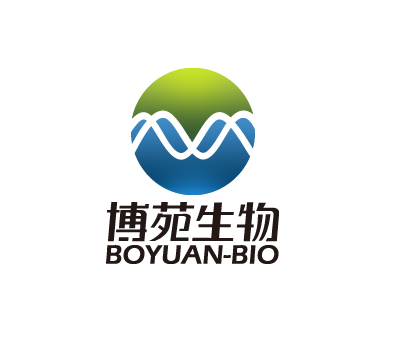Team:SJTU-BioX-Shanghai
From 2013.igem.org
(Difference between revisions)
| Line 120: | Line 120: | ||
<a href="/Team:SJTU-BioX-Shanghai/Project/Light_sensor"> | <a href="/Team:SJTU-BioX-Shanghai/Project/Light_sensor"> | ||
<div id="entry-text-green"> | <div id="entry-text-green"> | ||
| - | <p | + | <p><br>Light sensors transform optical signals into biochemical changes and can then realise biological response interference. </p> |
</div> | </div> | ||
</a> | </a> | ||
| Line 129: | Line 129: | ||
<a href="/Team:SJTU-BioX-Shanghai/Project/Regulator"> | <a href="/Team:SJTU-BioX-Shanghai/Project/Regulator"> | ||
<div id="entry-text-blue"> | <div id="entry-text-blue"> | ||
| - | <p>We use CRISPRi system as a direct gene regulator.Under the control of light sensors, we expect to get specific output parameters of gene expression levels.</p></div></a | + | <p><br/>We use CRISPRi system as a direct gene regulator.Under the control of light sensors, we expect to get specific output parameters of gene expression levels.</p></div></a |
</div> | </div> | ||
Revision as of 02:39, 28 September 2013
 "
"
 The breakthrough we made: The quantitative regulation of gene expression in the level of genome.
The breakthrough we made: The quantitative regulation of gene expression in the level of genome. 




